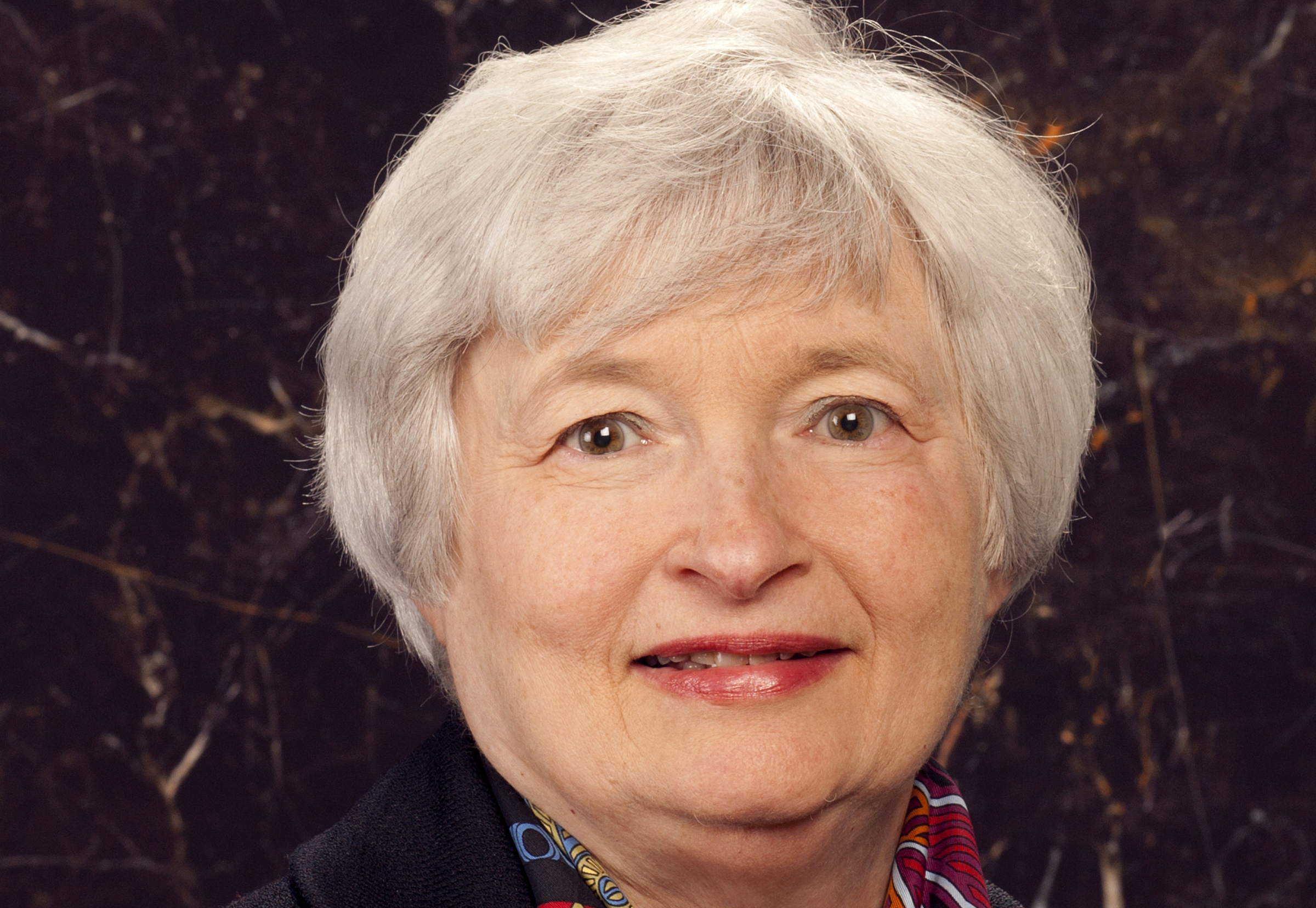WASHINGTON — Federal Reserve Chairwoman Janet Yellen Wednesday said enhancing the capital levels of financial institutions is a better way to stabilize financial markets than raising interest rates.
“I will argue that monetary policy faces significant limitations as a tool to promote financial stability,” Yellen said in a speech at the International Monetary Fund. “…In addition, efforts to promote financial stability through adjustments in interest rates would increase the volatility of inflation and employment.”
After the financial meltdown in 2008, the Fed lowered short-term interest rates, including the Federal Funds rate, to a historic low to stimulate the economy. Along with the zero lower bound, the Fed also created an economic stimulus package to inject money to the system. Such monetary policy has raised concerns about the asset bubbles in the market. By hiking the interest rate, some believe the Fed can deflate the bubbles.
However, Yellen showed a reluctance to hike interest rates. She said that a more effective approach that includes stronger capital positions among big financial institutions and wider regulation can help withstand unexpected adverse events.
“In my assessment, macro prudential policies such as regulatory limits over leverage and short-term funding, as well as stronger underwriting standards, represent far more direct and likely more effective methods to address these vulnerabilities,”Yellen said.
But IMF Managing Director Christine Lagarde said alternative funding methods, more commonly known as shadow banking, are not on the radar of banking regulators.
“That’s going to be a great challenge and I don’t have an answer for it,”Yellen responded.
Lagarde also said she was concerned about the spillover effect of the Fed unwinding its bond-buying policy in emerging markets, a potential risk in global financial stability IMF has openly warned about for the past year.
The Fed chairwoman called it “an unavoidable situation in the global market.” Yellen acknowledged that the emerging markets can be hurt by capital outflows because the downward pressure on their currencies will push up the interest rate and yields of U.S. assets.
However, the Fed will try to minimize abrupt jumps in those countries’ interest rates and noted that most have stronger financial systems than in the past.

